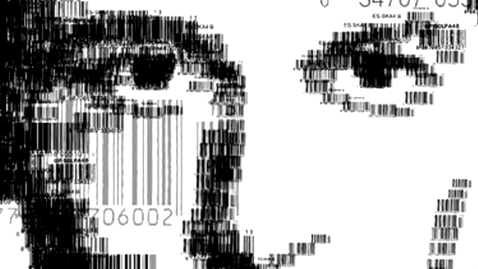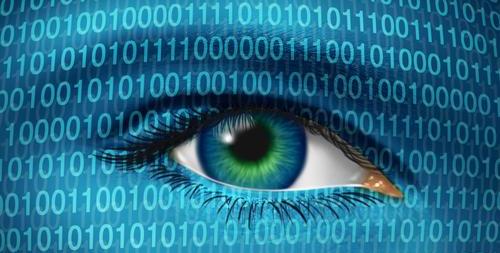Do You Know What’s In Your Digital Dossier?

Do you know what is in your digital dossier? Since you began to have a life on the Web, data has been accruing about the habits and interests of your online life. The generation of young people emerging in the digital age have the unique experience of having the entirety of their lives immersed in digital data. In fact, the generation of “digital natives” is having their digital dossier populated with data before they are born, and even after they will die.
John Palfrey and Urs Gasser first coined the term digital natives in their 2008 book, Born Digital, a book the authors conceded at the time would be out of date almost as soon as it hit bookstores. And yet, to keep up with the rate of technological change, the authors set up a wiki-website that includes videos from digital natives such as the one below that explains the way in which the digital dossier works.
What’s the Big Idea?
Digital dossiers are an aspect of life online that is common to all, yet many users may not even realize the amount of data they are responsible for. A digital dossier is a superset of all your online data that includes secure private records as well as your public online identity. In addition to your contributions to the dossier, other people can make contributions to your dossier with pictures and other additions to the subset of data that makes up your public identity online.
Here is how the dossier grows:
The video below illustrates the way your digital dossier accumulates data.
Watch here:
What’s the Significance?
So who’s reading your online biography? For one, advertisers are particularly avid readers of the information that dossiers provide. Palfrey and Gasser argue that we live with these innovations largely because the conveniences of the web outweigh the discomfort of having personal info revealed. For the digital native generation, the choice between the conveniences of the web and personal data discomfort are clear. Parents observe that digital Natives’ connectivity to the web or cell phones goes beyond obsession, it is an extension of their existence. New strategies to target or persuade digital natives will likely involve deeper mining into their dossiers. Should people be more cognizant of their digital dossier? It is not unheard of for human resource executives to search applicant’s digital histories for any red flags. Scrubbing your digital history might be a good idea for anyone who is worried about their online biography. Harmful information could lead to digital blackmail or worse. The Green Revolution in Iran of 2009 was a landmark in digital revolution techniques. It was an innovative time for digital repressions as well. Iran’s ruling regime used digital dossiers to trace revolutionaries. Dissidents in Iran have reportedly been interrogated via Skype. So not all digital dossiers are harmless.
Can the accumulation of a digital dossier be in some ways more humanizing? Well, your digital dossier can help you find things you really want, it can help companies provide better service, and perhaps in the future the world-wide-web will be tailored to fit you. Can you think of any other ways that the digital dossier makes web life more human offline?





